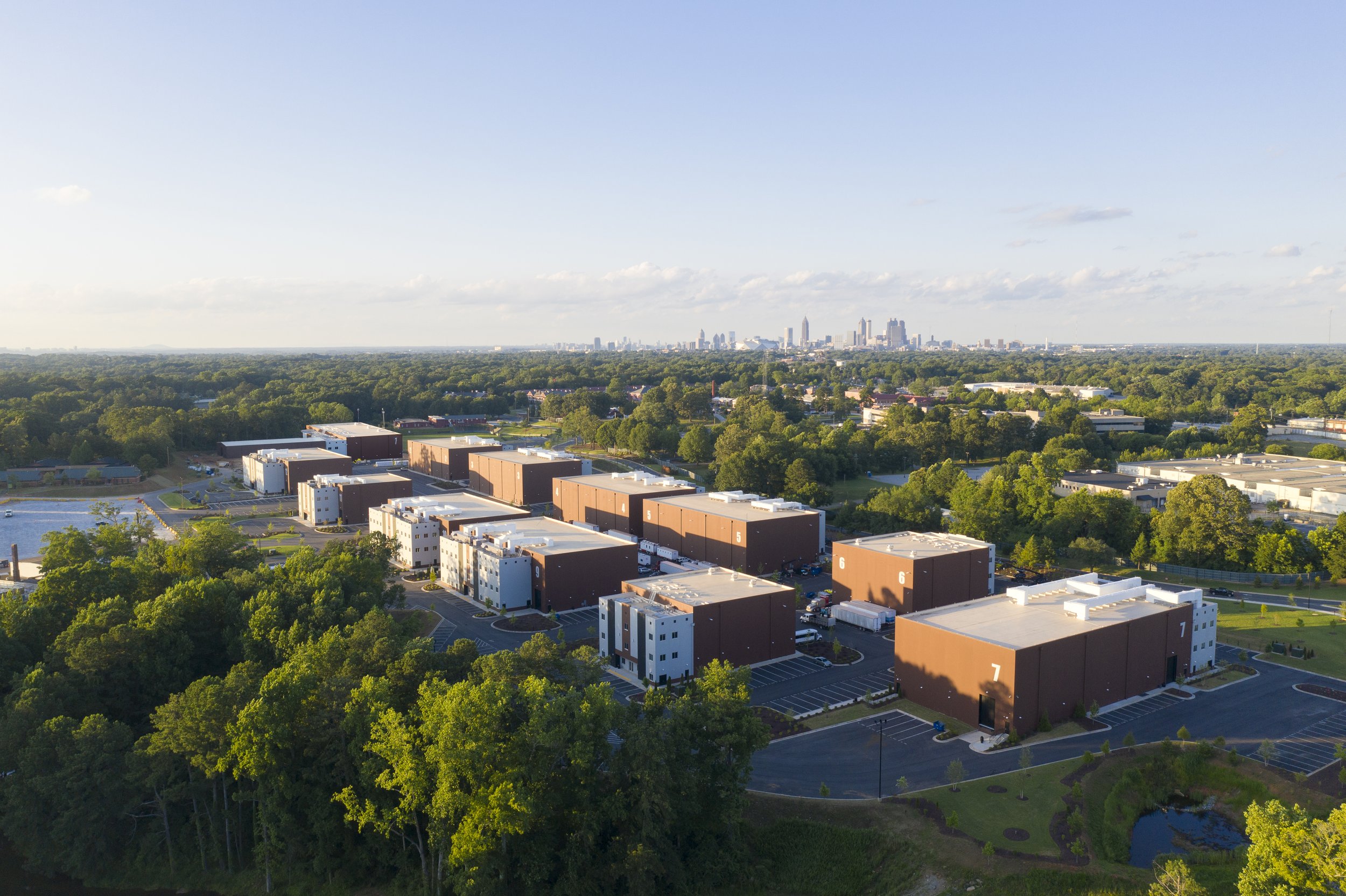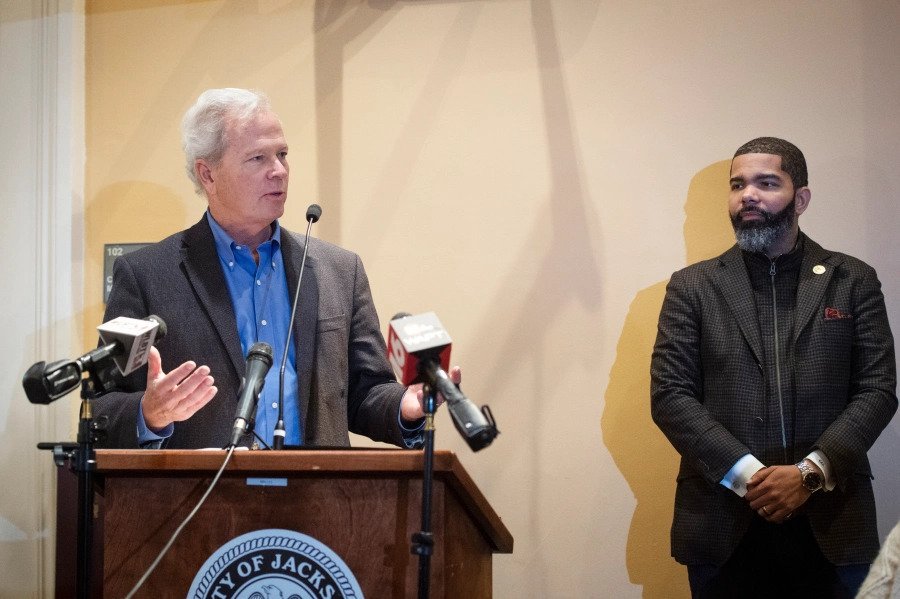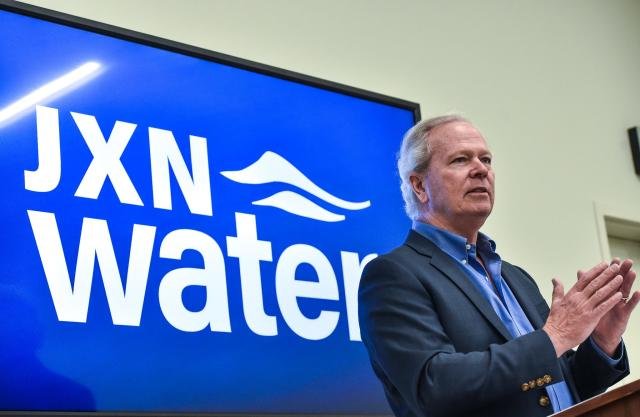As you may know, the City of Jackson’s City Council has had a full agenda as of late. We can start with the recent water crisis that escalated to the point that the governor declared a state of emergency which garnered negative national attention and the arrival of the EPA Administrator. Concurrently, there has been an ongoing saga with Richard’s Disposal where a stalemate to approve a long-term contract for trash pick-up escalated to an existing federal lawsuit.
But this past Tuesday they have been able to divert the attention of the masses with a resolution to support the construction of a new football stadium for my dear ol’ college home, Jackson State University (JSU).
Before we get too carried away, let’s discuss the facts and make them plain….
The city council’s resolution is simply a formal way for the city to show their support of a new stadium and by no means indicates that a new stadium is on the way.
In this resolution it was also made clear that the city does not have a plan, nor will they be providing the financial support for this development.
The effort and initiative to get JSU a new stadium dates back to the 70s when the on-campus stadium was demolished, and The Vet became what was supposed to be the temporary home for JSU Football.
So, the notion that this is a result of Coach Prime is totally false and mischaracterizes the statements made by councilmen Foote and Stokes on their effort to utilize this as a way to encourage Coach Prime to stay on staff.
The current rendering and efforts are actually a result of previous administration’s (specifically Dr. Meyer’s administration) master plan for the growth and development of the university.
A new stadium would come from the STATE. That means the state legislature AND the governor would have to be behind this effort (Yes, the same governor that has not supported the city’s request for support with the water system). Furthermore, Gov. Tate Reeves has been on record stating, “I don’t even like the state building stadiums with general fund tax dollars. I’m not really excited about Jackson State building a football stadium.”
Beyond state support and approval there is also the IHL to deal with as they control the university’s ability to enter into a legal agreement for the construction of a new stadium.
A lack of understanding amongst the JSU community in how government works and the levers that control the fate of this has become abundantly clear to me. I simply intend to foster a healthy and educated dialogue so that we can align as a community and understand how we can possibly influence this opposed to wasting energy in confusion.
Let me start with my own stance on the matter: I believe JSU should have its own stadium and it should most definitely be on campus.
The foremost challenge with this effort has been getting approval through the state legislature. Why? Because of the location. And if you think the debate around the location isn’t largely charged by the economics (money) of this development then you aren’t very clear on how commercial development works and the massive value/impact it can bring. Why else would there be a reason to NOT put the stadium on campus? Seriously. What other state institution in MS don’t have an on-campus stadium?
I believe the city council’s stated intent to use this as a means to keep Coach Prime at JSU is distracting. If I were in a position to influence the real estate development for JSU, thee most pressing matter is housing, not a stadium. The stadium is important, but housing is urgent. If you listen to Coach Prime and do a bit of critical thinking you can see one of the challenges that has been consistently echoed since day one is that when recruiting talent, the most major concern of the recruits and their parents is “Where is my child going to be living?”.
If I can take you back when JSU experienced record enrollment to the point that hotels were purchased/leased to house students… why didn’t the state powers that be prioritize funding the development of new dorms then? As a matter of fact, when was the last approval from the state for new housing units? I have seen many of the dorms undergo much needed renovations and I love it, but from my recollection and research it’s been decades since a new facility was constructed to increase the university’s housing capacity. Now I know many will immediately bring up One University Place (OUP) and I will remind you that OUP was a private development and was not exclusively for student housing.
I do believe that this is not a one or the other scenario and if the state wanted to truly support JSU’s growth, that providing the resources for both should and can be done. The funding of repeated studies on this along with the poison pill about the location are signs of false support considering they are rarely followed with action. From what I can tell there is a clear agenda to stifle the growth of the City of Jackson by the state, specifically the Republican party in the state, and as a byproduct of this agenda a stifling of the growth of JSU.
Let’s imagine downtown Jackson as a thriving economic center: JSU’s campus has grown such that it truly is an urban university campus; University Ave serves as a vein of economic prosperity; the communities surrounding the University have adequate housing; the Jackson Tech District is booming and providing a breeding ground for technology and talent in the city, encouraging more tech focused and high paying jobs; and Farish St./HWY 80 start to grow and develop to bolster the economics of the area even further with entertainment and amenities. This is starting to sound like a little Atlanta….
Without a clear vision and competent, strong leadership what will happen? Will JSU get bamboozled again as we were in ’71 when this whole thing was set in motion? With the lack of an independent vision and effective leadership to chorale the support for execution, we are made vulnerable to be taken advantage of and allow our dollars to leave the community for decades to come.







